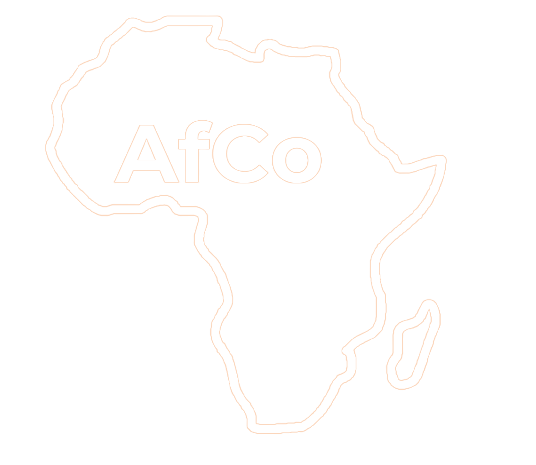Budgetary Reforms and Fighting Corruption in Burkina Faso
Budget management reforms in Burkina Faso aim at strengthening transparency in the budgetary process and at rationalizing budgetary choices through the reduction of the discretionary power of public officials in the process of credit allocation. Assessing the effectiveness of budget management reforms with respect to the fight against corruption raises two questions. Does increased transparency allow the limiting of discretionary power and increase the probability of detection? To what extent does the concentration of political power hinder the population's capacity to control corruption? Although reducing discretionary power and strengthening transparency in budgetary choices raises the probability of detection in the short term, in a context of a high concentration of power, agents then take into account the lack of effective monitoring ? whether by the local population or by independent institutions ? which in turn reduces the probability of detection. The anti-corruption impacts of the reforms in Burkina Faso may therefore be offset by the concentration of political power and the lack of control, and particularly if sanctions are not being enforced.
